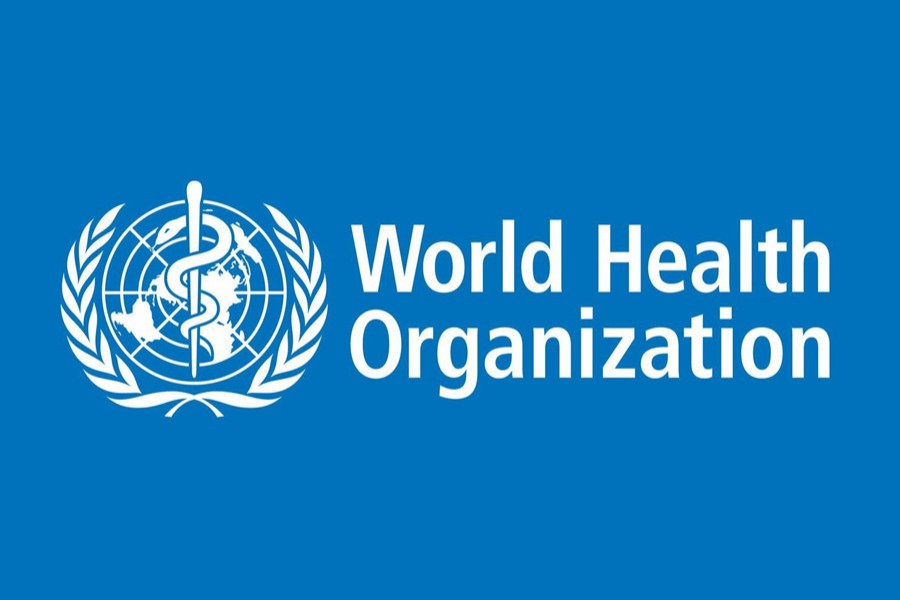The World Health Organization (WHO) recently called for elimination of industrially-produced trans-fatty acids from the global food supply by 2023, which is estimated to cause more than 500,000 deaths from cardiovascular disease every year.
WHO calls on governments to implement the six strategic actions: review dietary sources of industrially-produced trans fats and the landscape for required policy change; promote the replacement of industrially-produced trans fats with healthier fats and oils; legislate or enact regulatory actions to eliminate industrially-produced trans fats; assess and monitor trans fats content in the food supply and changes in trans-fat consumption in the population; create awareness of the negative health impact of trans fats among policy makers, producers, suppliers, and the public; and enforce compliance of policies and regulations.
According to WHO data, several high-income countries have virtually eliminated industrially-produced trans fats through legally imposed limits on the amount that can be contained in packaged food. Some governments have implemented nationwide bans on partially hydrogenated oils, the main source of industrially-produced trans fats.
For example, in Denmark, the first country to mandate restrictions on industrially-produced trans fats, the trans-fat content of food products declined dramatically and cardiovascular disease deaths declined more quickly than in comparable OECD countries.
Now action is needed in low- and middle-income countries, where controls of use of industrially-produced trans fats are often weaker, to ensure that the benefits are felt equally around the world, according to WHO.
There are two main sources for trans fats: natural sources (in the dairy products and meat of ruminants such as cows and sheep) and industrially-produced sources (partially hydrogenated oils).
Partially hydrogenated oils were first introduced into the food supply in the early 20th century as a replacement for butter, and became more popular in the 1950s through 1970s with the discovery of the negative health impacts of saturated fatty acids. Partially hydrogenated oils are primarily used for deep frying and as an ingredient in baked goods; they can be replaced in both.
Industrially-produced trans fats are contained in hardened vegetable fats, such as margarine and ghee, and are often present in snack food, baked foods, and fried foods. Manufacturers often use them as they have a longer shelf life than other fats, but healthier alternatives can be used that would not affect taste or cost of food.
Trans fats increases levels of LDL-cholesterol, a well-accepted biomarker for cardiovascular disease risk. Diets high in trans-fat increase heart disease risk by 21 per cent and deaths by 28 per cent. Replacing trans fats with unsaturated fatty acids decreases the risk of heart disease, in part, by ameliorating the negative effects of trans fats on blood lipids.
WHO recommends that the total trans-fat intake be limited to less than one per cent of total energy intake, which translates to less than 2.2 grams per day with a 2,000-calorie diet, reports Xinhua.
Elimination of industrially-produced trans fats from the global food supply has been identified as one of the priority targets of WHO's strategic plan for 2019-2023. As part of the UN's Sustainable Development Goals, the global community has committed to reducing premature death from non-communicable diseases by one-third by 2030. Global elimination of industrially-produced trans fats can help achieve this goal, the WHO said.


